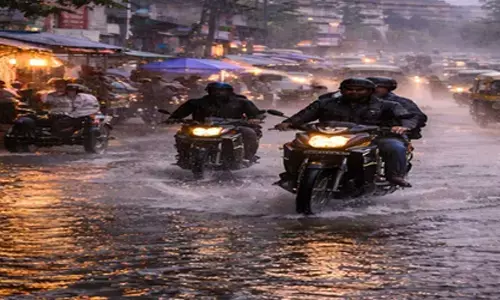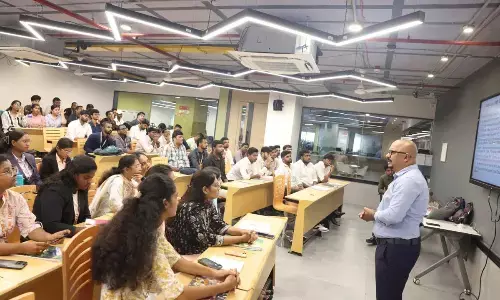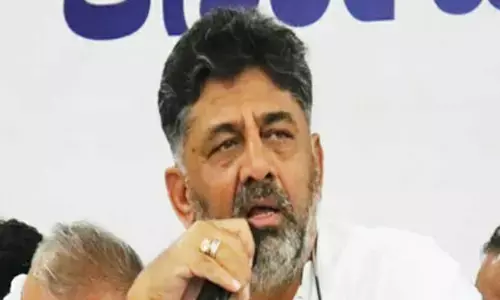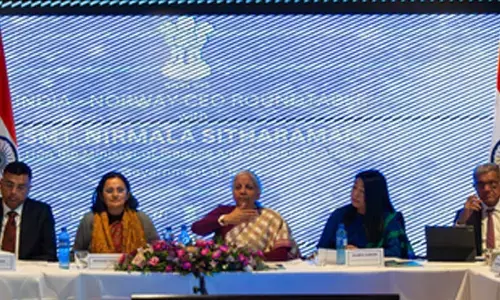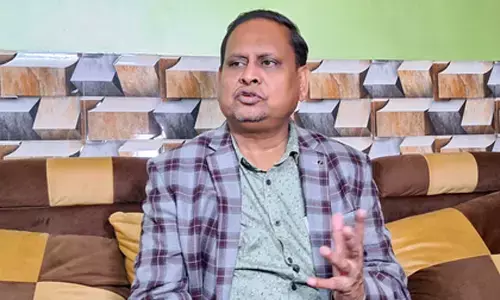UN cooperation with Eurasia highlighted at Security Council meeting
Share :
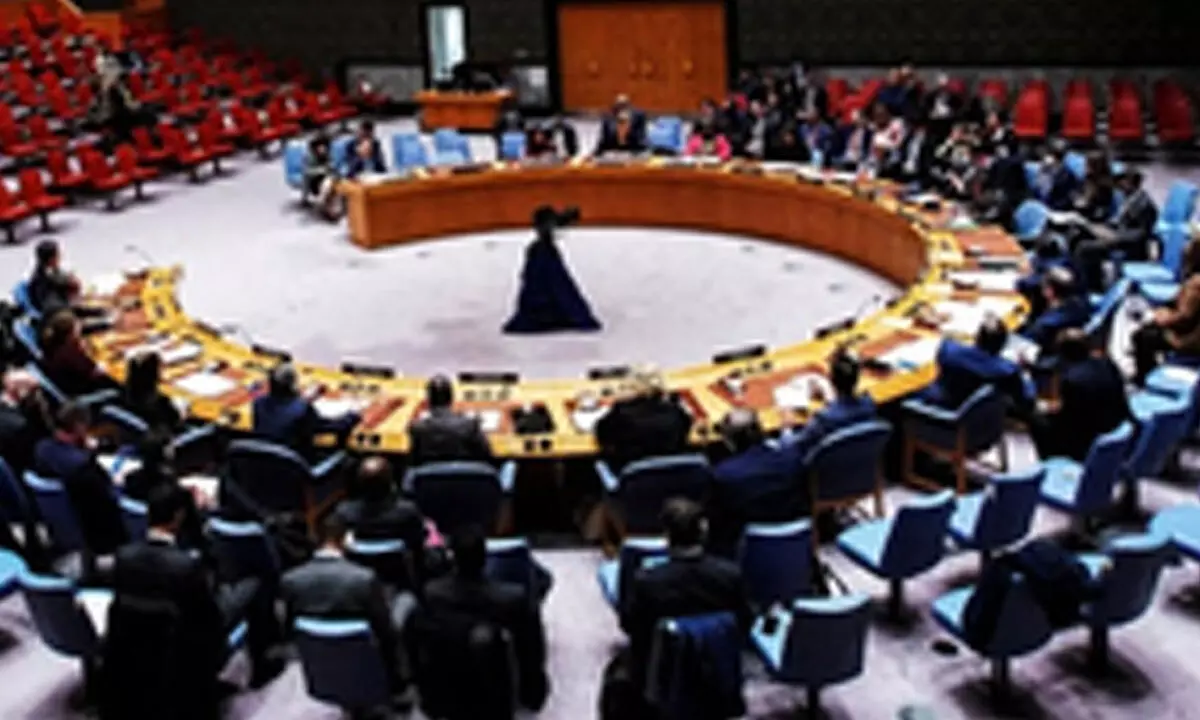
The cooperation between the United Nations and Eurasia was highlighted at the UN Security Council debate on cooperation between the world body and regional and subregional organisations.
New York: The cooperation between the United Nations and Eurasia was highlighted at the UN Security Council debate on cooperation between the world body and regional and subregional organisations.
The United Nations relies on cooperation with regional and subregional organisations across Eurasia "now, more than ever," Elizabeth Spehar, UN assistant secretary-general for peacebuilding support, told the council, Xinhua news agency reported.
Spehar highlighted the importance of collaboration with the Collective Security Treaty Organisation (CSTO), the Commonwealth of Independent States (CIS), and the Shanghai Cooperation Organisation (SCO) in maintaining international peace and security. Their members span Europe and Asia, including China, Russia, several former Soviet states, India, Pakistan, and Iran.
"Now, more than ever, a more effective United Nations relies on stronger and deepened cooperation with regional and subregional organisations," she said.
"Today, the stakes for international peace and security could not be higher. Tensions and competition among states challenge the principles set out in the UN Charter, resulting in lost trust, new conflicts, and the risks of escalation and spillover affecting all regions, including Eurasia," she added. "This also impacts our ability to respond effectively to challenges worldwide."
The heads of the three organisations also addressed the council.
SCO Secretary-General Zhang Ming pointed to the current "complex and profound changes" affecting international relations, with new threats and challenges constantly emerging. "As a result, global peace and development are confronted with a variety of uncertainties and destabilising factors. Under these circumstances, no country or regional organisation can stay immune," he said.
"We need and we must promote international cooperation, with the UN playing a central coordinating role to jointly respond to the threats and challenges and jointly maintain security, stability, development, and prosperity at regional and international levels."
CSTO Secretary-General Imangali Tasmagambetov emphasised that countries alone cannot counter the increasing threats and challenges today.
He noted that regional organisations "are closer to the source of problems," see conflicts as they emerge, and take preventive steps based on available resources.
"By strengthening regional stability based on national interests of member states, regional organisations can shape an alternative to the ineffective and outdated models of cooperation and create new and more effective mechanisms to ensure cooperation," he said.
Sergey Lebedev, secretary-general of the CIS, stated that cooperation with UN entities "has always been and continues to be a priority area of international activity" for the CIS.
He expressed readiness to boost cooperation, including to strengthen international security and in the humanitarian and economic spheres, "guided always by the Charter of the United Nations and generally accepted principles, norms, and principles of international law."



